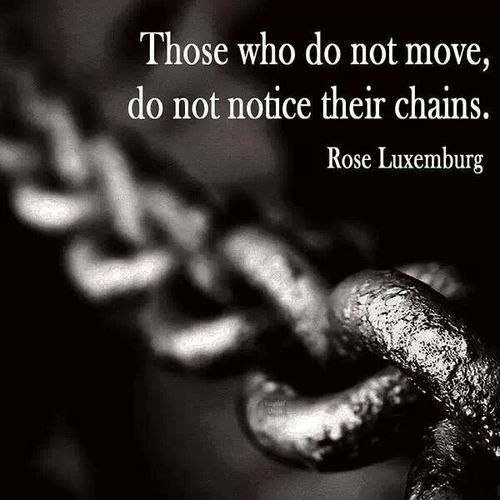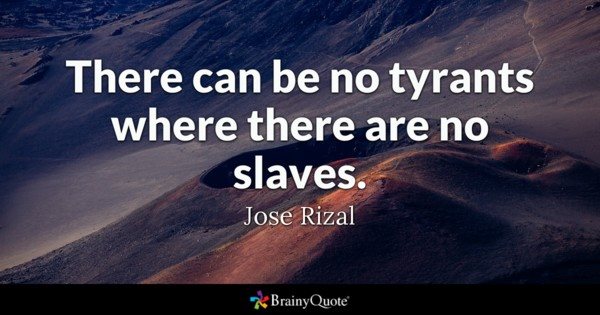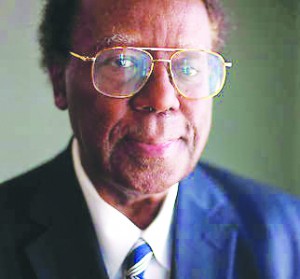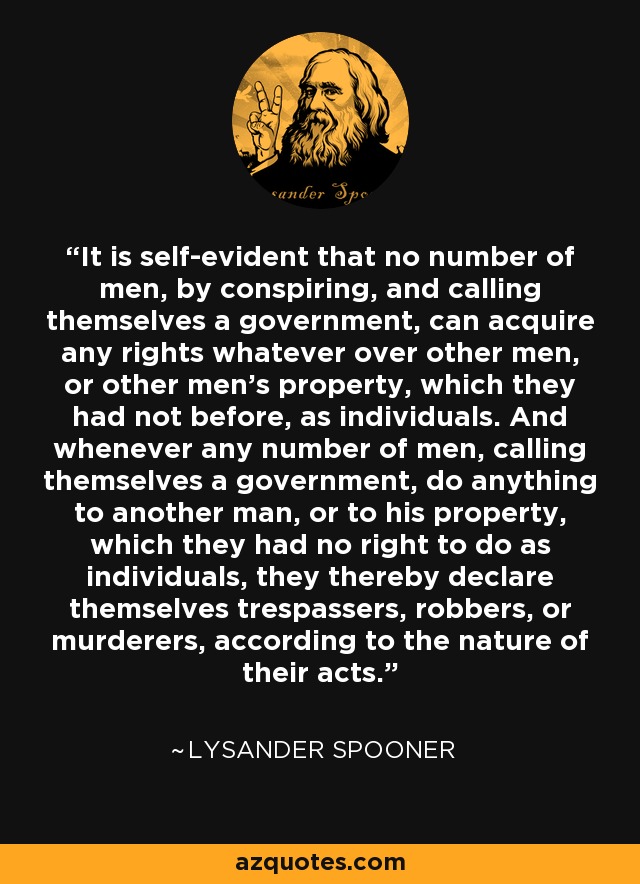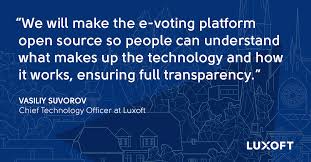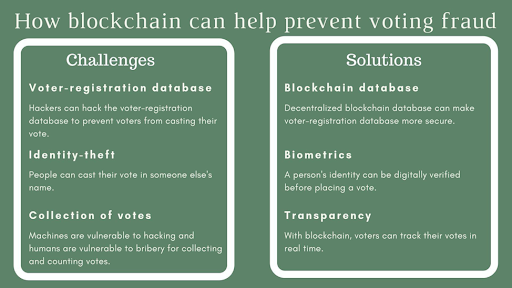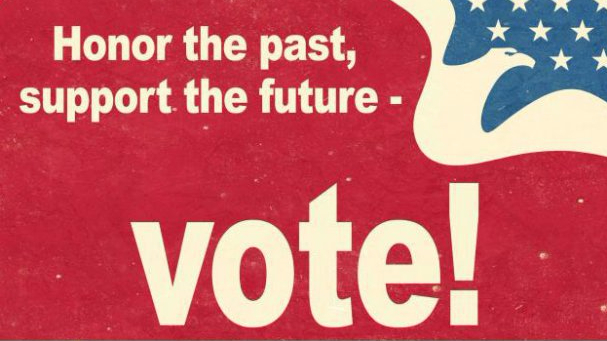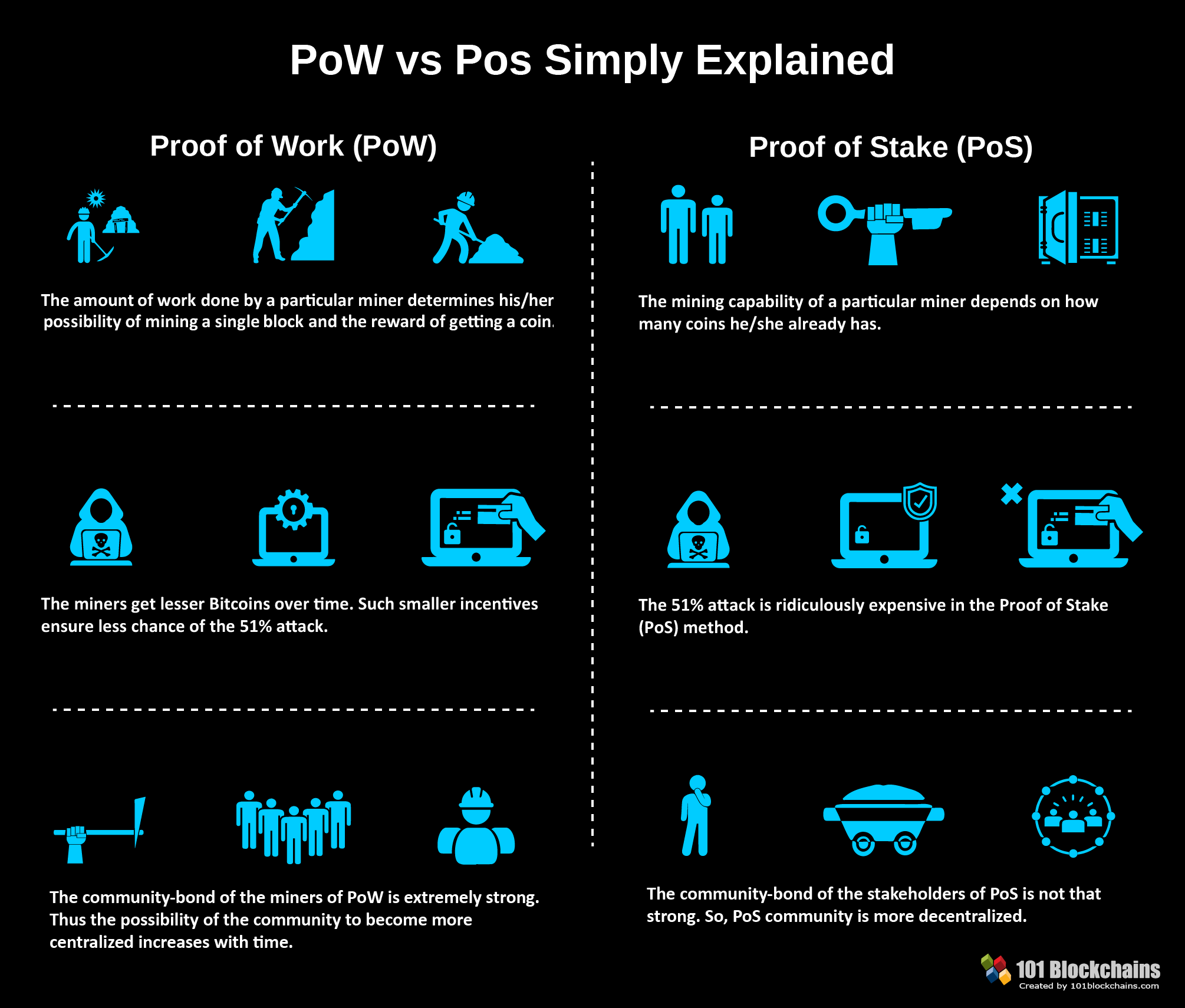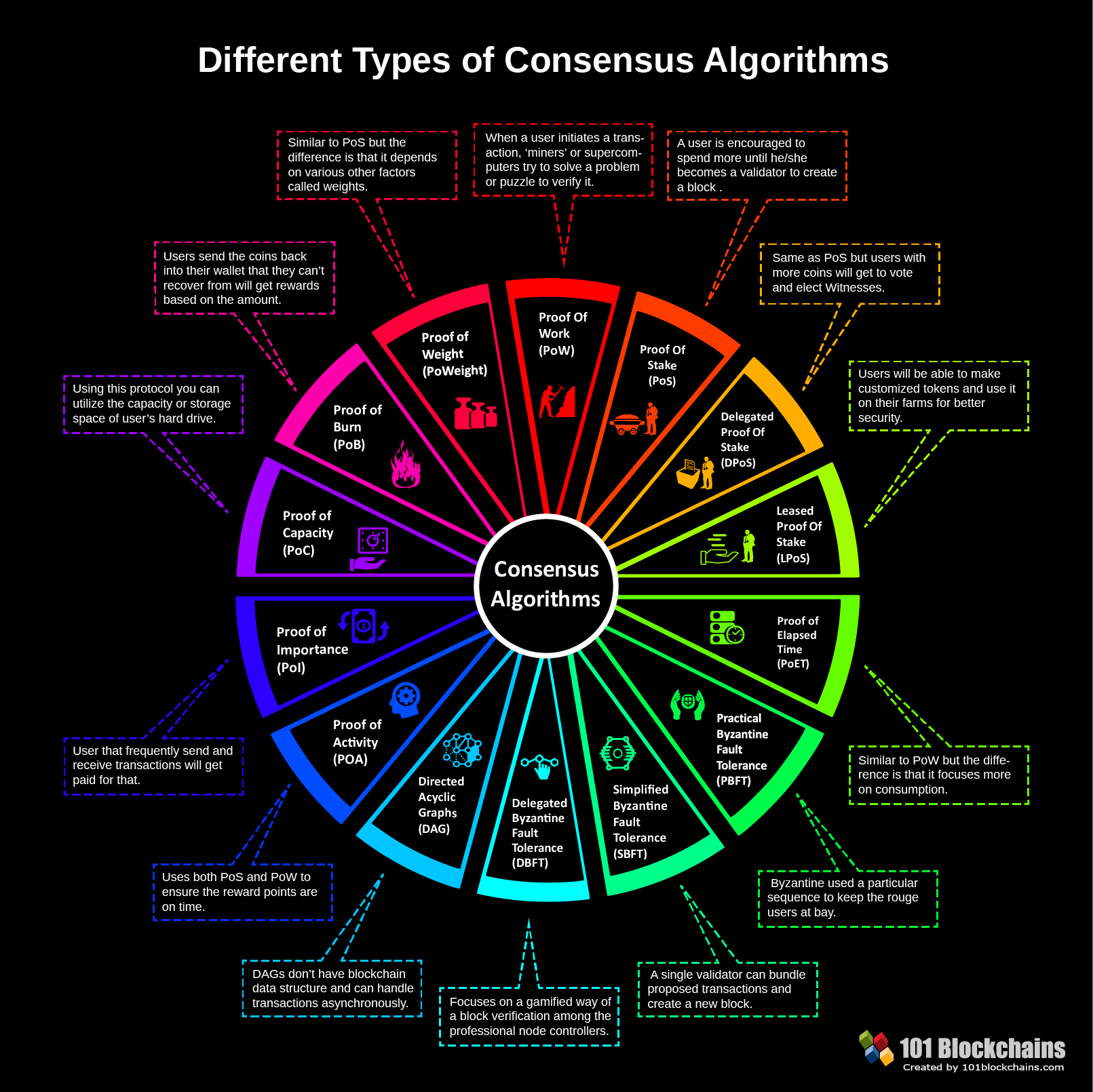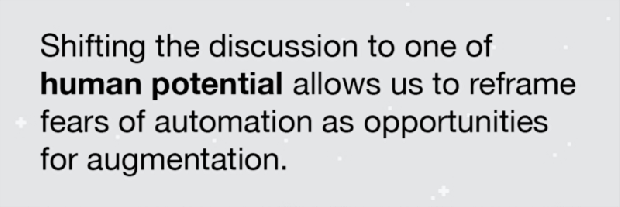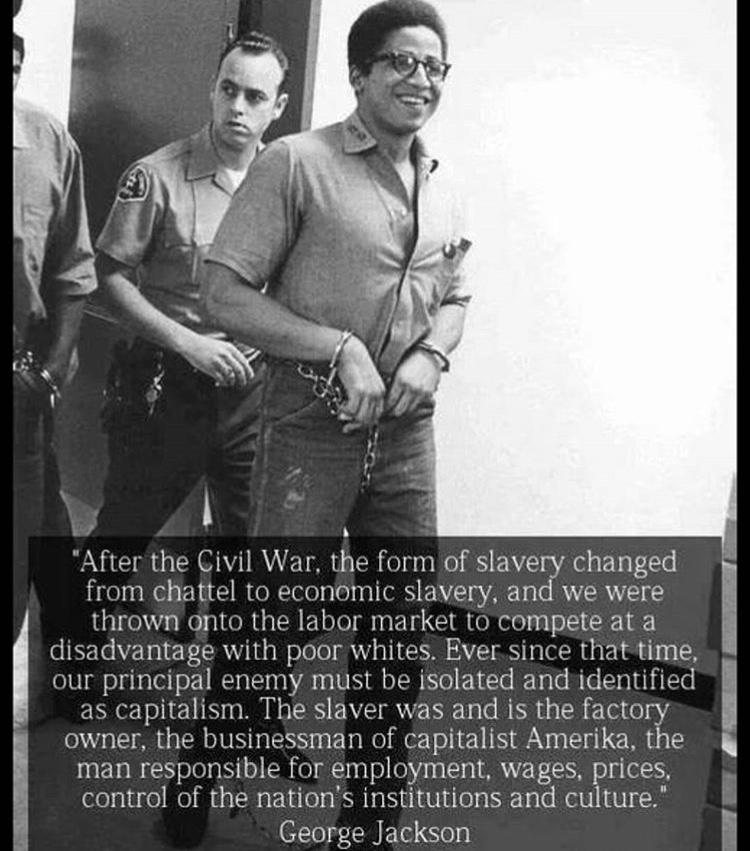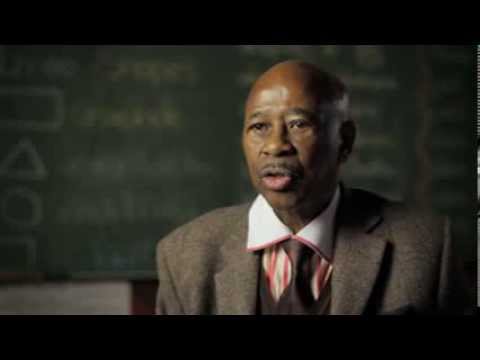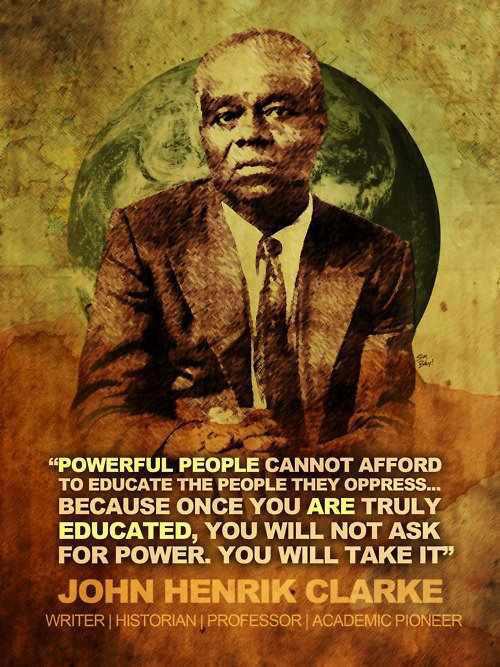It’s all theft thru fraud.
–
Actually, you volunteered to accept the conditional use of, and employ a constructive United States public vessel identified by a vessel identification number [and termed a Social Security Number] FOR THE PURPOSE TO DO BUSINESS IN COMMERCE IN A PUBLIC PRIVATE JOINT VENTURE WITH THE UNITED STATES INC.
THE AMERICAN CITIZENSHIP QUESTION vs citizen
of the UNITED STATES
First is the issue of your being a citizen of the United States. Most everyone would seemingly agree that they are a “proud American” and therefore equally proud to be called a citizen of the United States. But how do the law and the Supreme Court define a United States citizen and most importantly the rights, privileges and immunities associated with being one.
“there is in our Political System, a government of each of the several states and a government of the United States Each is distinct from the other and has citizens of its own.”. United States v. Cruikshank, 92 US 542, (1875) “There is a clear distinction between national citizenship and state citizenship.” 256 P. 545, affirmed 278 US 123, Jordan v. Tashiro (1928)“The only absolute and unqualified right of a United States citizen is to residence within the territorial boundaries of the United States,” US vs. Valentine 288 F. Supp. 957.
“The privileges and immunities clause of the 14th Amendment protects very few rights because it neither incorporates the Bill of Rights, nor protects all rights of individual citizens. Instead this provision protects only those rights peculiar to being a citizen of the federal government; it does not protect those rights which relate to state citizenship.”
Jones v. Temmer, 89 F. Supp 1226
Does the above comport with your pre-established notion that being a United States citizen is the best of all worlds regarding your rights, freedom and liberty. Did you even know there was such a thing as a state Citizen and it was different from being a U.S. citizen? Are you possibly shocked to know that as a 14th Amendment U.S. citizen, one does not have the protection of the Bill of Rights; in fact 14th Amendment U.S. Citizenship protects very few rights! Did the government employees teaching in the public schools ever teach you this!
As the Kilo case on Imminent Domain decided by the Supreme Court in 2005 clearly demonstrates, U.S. citizens do not have private property rights or protection from bizarre imminent domain takings. If you can fight off the psychological effects of cognitive dissonance for just a few more minutes, you might be wondering; “How did I get to be a U.S. citizen? And could it possibly be true that my political status as a U.S. citizen deprives me of the rights, privileges and immunities that I was taught were part of being a free American?”
The short answer is, you volunteered. That’s right, you volunteered to be a U.S. citizen devoid of Constitutionally protect rights, devoid of even God given unalienable rights. How did you do this volunteering you might ask? Well, when you decided that you needed a Social Security card you also agreed to become a U.S. citizen and accept what the legal experts call compelled benefits. And herein lies the “real beauty” of the system developed to make you into something you never though possible, a person living in voluntary servitude. Ok, that cognitive dissonance thing just kicked in again. Let’s take this one step at a time.
By signing the SS5 form (Social Security Application) you voluntarily assented to transform by agreement your political status. Look at 5 USC 552A (a)(13)
“The term “Federal personnel” means officers and employees of the Government of the United States, members of the uniformed services (including members of the Reserve Components), individuals entitled to receive immediate or deferred retirement benefits under any retirement program of the Government of the United States (including survivor benefits).” Emphasis Added.
By agreeing to accept those measly Social Security payments 40 or 50 years out, you agreed to live your entire life “through” a constructive “federal person” i.e. “public vessel.” For those of you who like me spent some time in the military, you will know what I mean when I say that being “federal personnel” is like being a Humvee or a tank or a cooking utensil in the mess tent; you are just a piece of property. The term G.I. meaning, Government issue.
But there it is in black and white, your U.S. Congress passed legislation and the U.S. President signed that legislation that says if you volunteer to get a Social Security card you become government chattel property. Why do I keep saying you volunteered to get the Social Security Card, you ask? For the simple reason that to this day there is no law requiring you to get a Social Security number, no law within the 50 titles of the United States Code that makes the possession or use of a Social Security Account mandatory.
Back in the 1930’s a very devious man named Franklin Delano Roosevelt was working diligently to turn this once great Republic into a legislative democracy where socialistic concepts could reign. As it turns out, Roosevelt had this little problem with the Supreme Court. The nine justices on the Supreme Court were ruling against some of the foundational planks of Roosevelt’s diabolical scheme. The risk was that the centerpiece of his “New Deal”, Social Security, might be found unconstitutional. So Roosevelt made his famous threat to “pack the Court” with lots of justices until he could make the Court safe for democracy and socialism.
Well, to make a long story short, a story that is more fully described in the book U.S. Of A. v U.S., The loss of legal memory of the American state, the Court took Roosevelt’s threat seriously and made a “switch in time that saved nine.” Essentially, the Court threw out over one hundred years of protecting the people from power grabs by the federal government. The Court gave Roosevelt his way, thus paving the way for the “democracy” and all the evils that the Founding Father’s rightly associated with a democracy. But the Supreme Court snuck in a few little items that allowed the People “an out” if they didn’t want to fall into the servitude trap. They ruled that Social Security must be voluntary. The 13th Amendment states:
Neither slavery nor involuntary servitude, except as a punishment for crime whereof the party shall have been duly convicted, shall exist within the United States, or any place subject to their jurisdiction.
You see that the 13th left the possibility of voluntary servitude!
Now if you have ever tried to open a bank account, fill out a job application or even rent a video, you might not think that having a Social Security number is voluntary, but that is the genius of the plan. The law says that making application to receive benefits under the Social Security Act is completely voluntary and in fact goes so far as to state in every one of the 50 Titles of the United States Code that mentions the Social Security number, that you cannot be denied any right or privilege if you do not provide a Social Security number (with the obvious exception of dealing with the Social Security Administration). The way they got the scheme to work was to make the employers, banks, state and local agencies and everyone else treat you and make their computer system operate as if having a Social Security card was mandatory.
Now if your mind is off pondering the magnitude of this great deception, let me ask you to come back to the discussion for a few more moments. There are two other very important points that you have to understand about the execution of the plan.
First, once you are in the “system” accepting the benefits there under you are legally barred from complaining about it or raising the issue that it might be un-Constitutional. Justice Brandeis, a Supreme Court Justice during the 1930’s developed what are referred to as the Brandies Rules. Rule number six is the one that gets you. Take a look.
The Court will not pass upon the constitutionality of a statute at the instance of one who has availed himself of its benefits.
Read that again. If you volunteer to be a Social Security “beneficiary” you instantly become ineligible to go to the Courts and challenge the constitutionality of the very same laws.
And since you also decided . . . knowingly or not, to become a 14th Amendment citizen at the same time you also now fall under Article 4 of the 14th Amendment, which states:
Section 4. The validity of the public debt of the United States, authorized by law, including debts incurred for payment of pensions and bounties for services in suppressing insurrection or rebellion, shall not be questioned.
Yup, they just got you again. If, as a U.S. citizen you think the government ought to live within its means and not be five or ten trillion dollars in debt, you cannot question the debt. Do you think you are done getting suckered in this deal? Guess again, it gets worse.
Now, there are literally thousands of people across the land that are variously known as “tax protestors”, members of the “tax honesty movement” and other names, good and bad depending on which side of the fence you sit with respect to the income tax. Once upon a time some people threw a bunch of tea into a harbor over a tax amounting to 1% or less. Today, we give up 20 or 30% of our income plus pay 50 cents per gallon of gasoline and pay taxes on everything we own including the roof over our heads. Now hear this, you fans of truth, justice and the American way!
Given the above disclosures about the joys and benefits of being a U.S. citizen, would it surprise you that you volunteer to take responsibility as the “employer” and pay the income tax of the afore referenced constructive public vessel that comes with the social security number? That’s right, you raise your hand and ask the good old taxman to raid that vessels paycheck. Now you may be proud to pay what you believe to be your taxes and this author will not disparage your patriotism one little bit. But don’t you wish just a little that the U.S. government would be honest about the source of authority for imposing the income tax on your earnings.
This author’s considered and studied opinion is that the source of authority for the income tax can be found at Title 8 of the Social Security Act of 1935, which states:
TITLE VIII- TAXES WITH RESPECT TO EMPLOYMENT
INCOME TAX ON EMPLOYEES BUT NOT ON THEIR EMPLOYERS!
SECTION 801. In addition to other taxes, there shall be levied, collected, and paid upon the income of every individual a tax equal to the following percentages of the wages (as defined in section 811) received by him after December 31, 1936, with respect to employment (as defined in section 811) after such date:
Remember, you volunteered into Social Security, so any taxes, especially the above referenced income tax, are self imposed by your own voluntary action. Welcome to being a U.S. citizen.
NOTE: Actually, you volunteered to accept the conditional use of, and employ a constructive United States public vessel identified by a vessel identification number [and termed a Social Security Number] FOR THE PURPOSE TO DO BUSINESS IN COMMERCE IN A PUBLIC PRIVATE JOINT VENTURE WITH THE UNITED STATES INC. (A quid pro quo consideration.)
That constructive vessel is wholly owned by the Social Security Administration. You are in fact, only the employer of that constructive vessel and don’t come within the provisions of Section 801 personally. It is the constructive public vessel, that is the creation of the Social Security Administration and thereby, said vessel is the federal entity that is exclusively subject to the tax under Section 801. One further verifying fact re the above noted operation of law: When the IRS presents printed material in the form of unsecured offers of debt to the PUBLIC VESSEL and identifies that vessel with the vessels registration number; in that printed material is included reference to the Employer Identification Number or EIN. The vessel number can be recognized by the nature of the display of its number: SSN 000-00-0000. The Employer number is the identical number, but is displayed as: EIN 000000000, no dashes.
The IRS addresses two (2) entities, not just one . . . one is fictional and one is natural and upon which the law is quite clear, the natural entity, cannot give up his or her natural rights, even if they choose to do so.) The law will not tolerate a voluntary servitude that by that servitudes nature, rises to the level of a condition of peonage originating out of a constructive fraud.
Now to wrap up our conversation, you are probably wondering is there really a difference between the United States and the United States of America? Could there really be a subtle but distinct difference that affects the rights you enjoy, the taxes you pay and even whether or not you have rights under the Constitution and the Bill of Rights? Once again we can look to the U.S. government’s own documents to show that not only do they recognize a distinction between the United States and the United States of America, they allow you to choose which one you want to be legally bound to.
In title 28 of the United States Code (28 USC) we find at section 1746 the following:
TITLE 28, PART V, CHAPTER 115
§1746. Unsworn declarations under penalty of perjury
Release date: 2005-09-29
Wherever, under any law of the United States or under any rule, regulation, order, or requirement made pursuant to law, any matter is required or permitted to be supported, evidenced, established, or proved by the sworn declaration, verification, certificate, statement, oath, or affidavit, in writing of the person making the same (other than a deposition, or an oath of office, or an oath required to be taken before a specified official other than a notary public), such matter may, with like force and effect, be supported, evidenced, established, or proved by the un-sworn declaration, certificate, verification, or statement, in writing of such person which is subscribed by him, as true under penalty of perjury, and dated, in substantially the following form:
(1) If executed without the United States: “I declare (or certify, verify, or state) under penalty of perjury under the laws of the United States of America that the foregoing is true and correct. Executed on (date). (Signature)”. Emphasis Added
(2) If executed within the United States, its territories, possessions, or commonwealths: “I declare (or certify, verify, or state) under penalty of perjury that the foregoing is true and correct. Executed on (date). (Signature)”.
Please look at numbers 1 and 2 above. You can make unsworn declarations into the United States or into the United States of America. Take further notice that the United States of America seemingly even has its own laws that are different from those in the United States. The presumption (a legal term) is that if you do not specifically state you want to declare in the United States of America and under the laws thereof, you automatically fall under the umbrella of the United States which at Title 28 Section 3002, subsection (15) is defined as ”United States” means—(A) a Federal corporation;
That’s right Toto, we’re not in Kansas anymore!!
The Senate has a publication called Constitution of the United States of America, Analysis and Interpretation. This particular document is 2710 pages in length. It is the Senate’s official version of it’s understanding of the Supreme Court’s interpretation of the Constitution of the United States of America. In that lengthy document, on page 53, the astute reader will find when the Supreme Court is referring to the Constitution of the United States of America it states:
“and that is was made for, and is binding only in the United States of America.” Downes v. Bidwell,182 U.S. 244, 251 (1901); In Re Ross,
140 U.S. 453, 464 (1891)
The question begs to be asked, “If the Constitution of the United States of America is made for and binding only in the United States of America, then what is made for and binding only in the United States Inc.? Since the answer is not a simple one liner, you might want to pick up a copy of the book U.S. of A. v U.S., The loss of legal memory of the American state by visiting the website
http://www.USofAvUS.com or by calling the publisher at 828-398-4358. The authors provide a painstakingly researched, legally sound disclosure of what the true state of affairs is today. To be a “good American” is to be ever vigilant to the threat of tyranny, from without and within. If you are just now being introduced to the fact that you do not have the rights you thought you had, being a U.S. citizen is not all its cracked up to be, and the folks in Washington, D.C. might not be telling the truth, the whole truth and nothing but the truth, so, get a copy of the book U.S. of A. v U.S., The loss of legal memory of the American state, which also includes an MP3 CD with 10 hours of audio lectures on this same material as found in the book. The book also contains an access code to allow you to join the educational website for the first year.
via Citizenship – The American Citizenship Question
